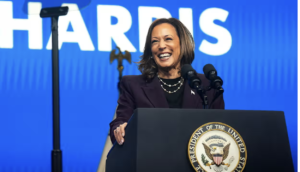Pakistani Women’s Struggle for Voting Rights Persist

Pakistani women still face barriers to voting despite upcoming parliamentary elections, raising concerns about democratic inclusivity in the nation.
Challenges to Women’s Voting Rights
In some rural areas of Pakistan, familial pressure prevents women from exercising their right to vote in the upcoming elections.
Men’s Control Over Women’s Choices
Women, regardless of education or financial status, often lack autonomy in decision-making, controlled by male family members’ dictates.
Misinterpretation of Religious and Cultural Norms
Misinterpretation of Islamic principles or cultural norms often serves as a pretext for restricting women’s participation in the electoral process.
Justification from Male Perspectives
Some men rationalize restricting women from voting by citing concerns about household management and childcare responsibilities during elections.
Resistance to Change and Tradition
Deep-rooted traditions and societal norms perpetuate the exclusion of women from political participation, with many women themselves refusing to vote.
Political Representation and Gender Disparity
Despite reserved seats for women in parliament, political parties show reluctance in allowing women to contest beyond these limits.
Legacy of Benazir Bhutto and Continuing Gender Disparity
Despite the milestone of Benazir Bhutto’s leadership, women remain vastly underrepresented in Pakistani politics, with only a fraction contesting elections.
Upholding Women’s Rights in Democracy
As Pakistan gears up for parliamentary elections, addressing barriers to women’s voting rights is crucial for fostering a more inclusive and representative democracy.
Re-reported from the article originally published in The shethepeople








)
